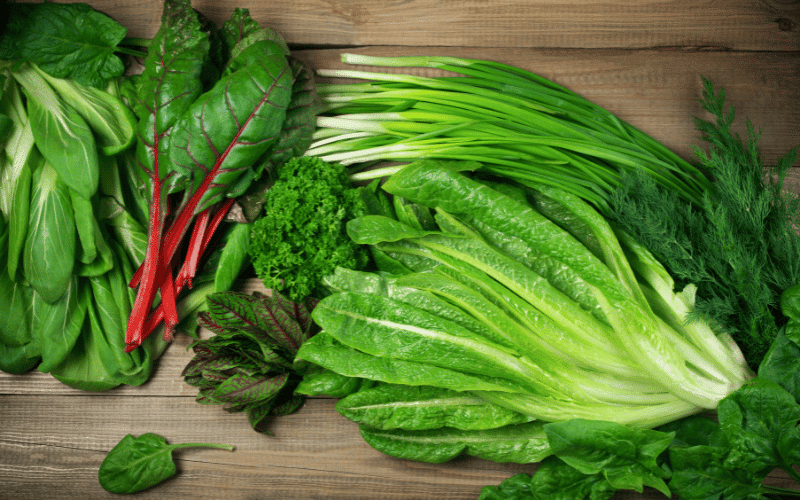Introduction: The Importance of a Liver-Friendly Diet
When it comes to liver cirrhosis, maintaining a healthy diet is crucial to support the liver’s function and overall well-being. A liver-friendly diet can help manage symptoms, slow down the progression of the disease, and improve an individual’s quality of life. In this article, we will explore the 15 best foods for liver cirrhosis and provide you with practical tips for incorporating them into your daily meals.
Why a Liver Cirrhosis Diet Matters
A well-balanced diet is essential for everyone, but it becomes even more critical for those with liver cirrhosis. The liver plays a vital role in detoxifying the body, processing nutrients, and regulating metabolism. When liver cirrhosis occurs, the liver’s ability to perform these functions becomes impaired, leading to a variety of health complications. By focusing on liver-friendly foods and avoiding those that can harm the liver, individuals with liver cirrhosis can better manage their condition and support their liver health.
Now that we understand the importance of a liver-friendly diet, let’s delve into the 15 best foods for liver cirrhosis and how they can benefit those with this condition.
1. Leafy Greens: Natural Detoxifiers for the Liver

Leafy green vegetables, such as spinach, kale, and Swiss chard, are highly beneficial for liver health due to their abundance of essential nutrients and antioxidants. These nutrient-dense greens work to neutralize harmful substances and promote detoxification in the liver.
One of the primary reasons leafy greens are so beneficial for liver cirrhosis patients is their ability to reduce inflammation. Inflammation is a significant factor in liver disease, and by consuming anti-inflammatory foods like leafy greens, individuals with liver cirrhosis can help manage their symptoms and improve liver function.
In addition to their anti-inflammatory properties, leafy greens are also packed with essential vitamins and minerals that support overall liver health. For example, they are rich in vitamin K, which plays a crucial role in blood clotting and bone health. They also contain high levels of folate and vitamin C, which are necessary for cell repair and immune system function.
Furthermore, leafy greens are a good source of dietary fiber, which is essential for maintaining healthy digestion and preventing constipation. This is particularly important for individuals with liver cirrhosis, as poor digestion can put additional strain on the liver.
Incorporating leafy greens into your daily diet can be simple and delicious. You can add them to salads, smoothies, or even use them as a base for a nutritious stir-fry. By regularly consuming leafy greens, you can support your liver’s health and overall well-being. (1)